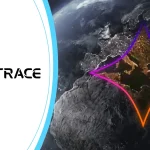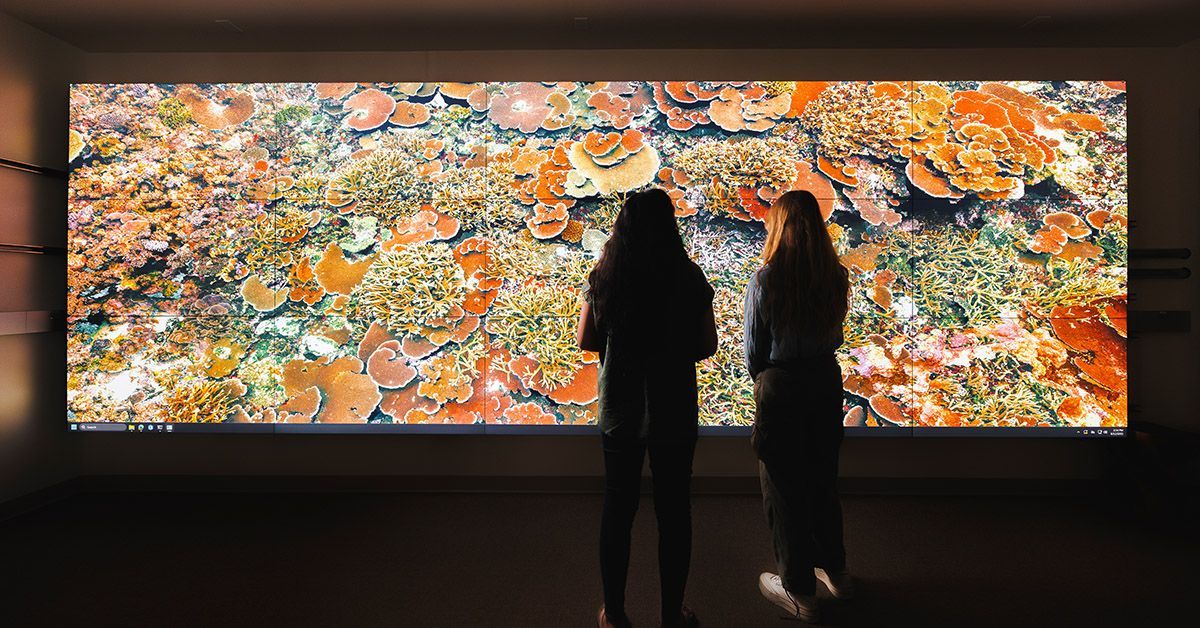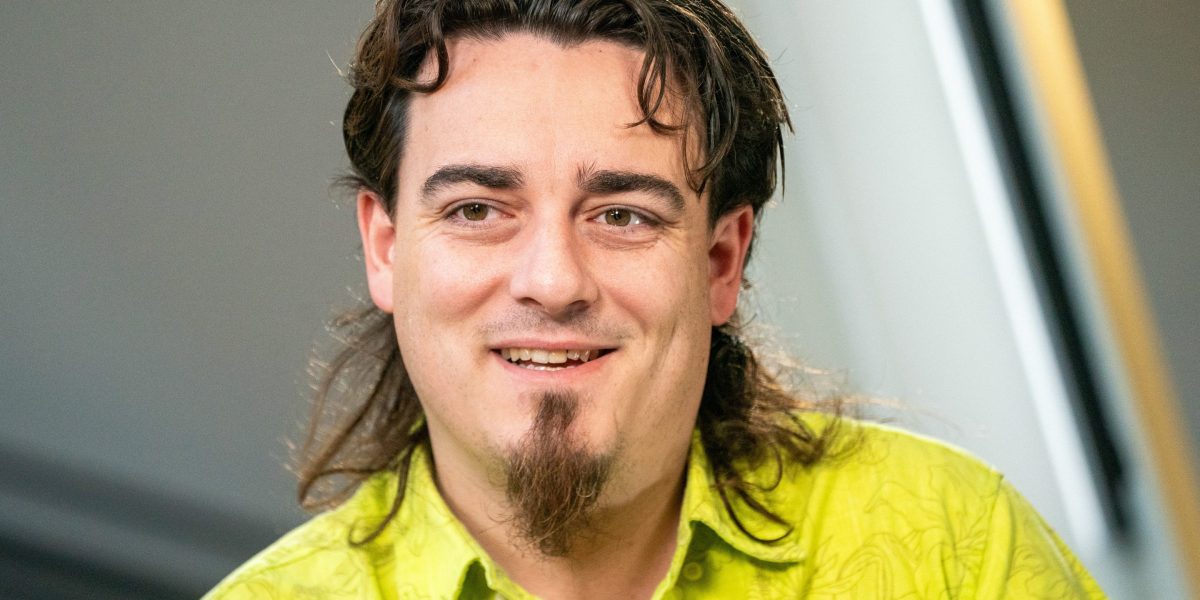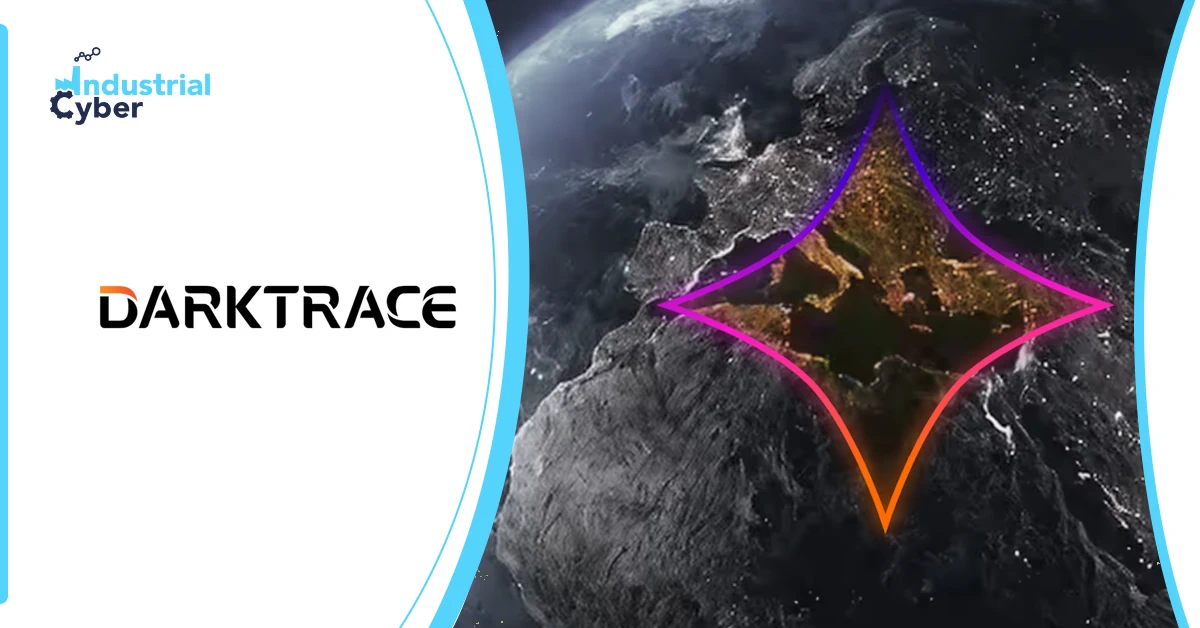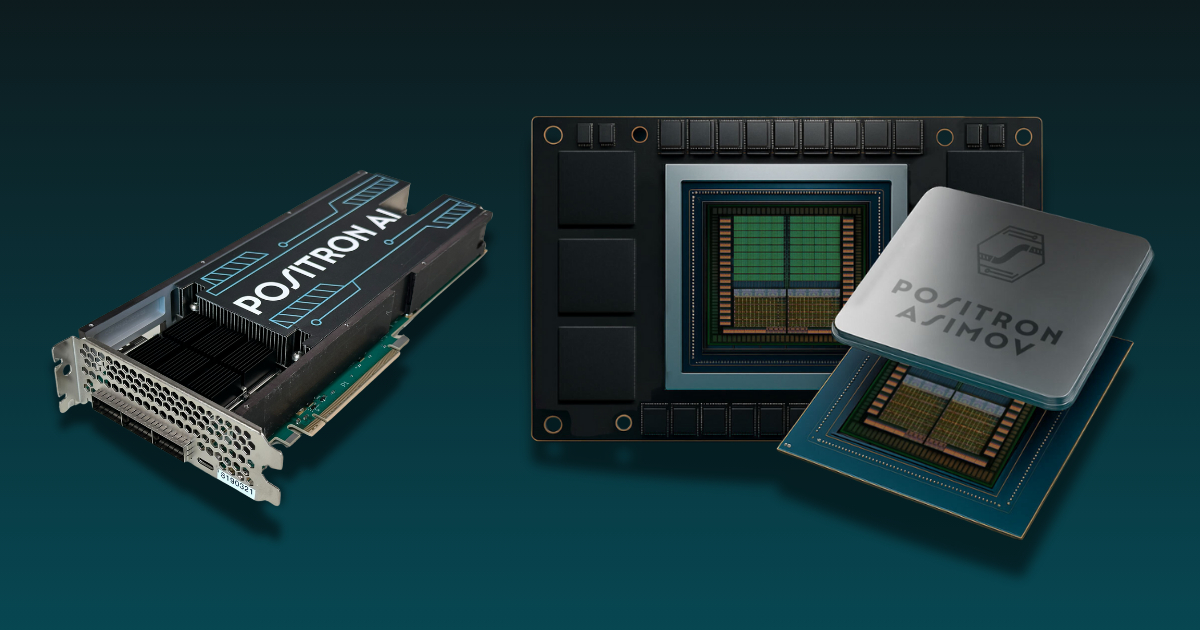“Image-based mapping improves monitoring, research and management of coral reefs around the world,” said Stuart Sandin, director of the Center for Marine Biodiversity and Conservation at Scripps. “But with around 350 gigabytes of images collected per dive and the team doing between 300 and 400 dives per year, processing these images requires significant computing and storage resources. This is a big challenge and a big opportunity for innovation.”
Today, a significant in-kind donation of equipment and technical support from Dell Technologies helped Sandin Lab upgrade its legacy data center and computing cluster in an effort to bring environmental sustainability to the research effort.
For Dell, this effort represents a pilot program called Astro concept which uses AI to identify the best times and locations to run IT workloads based on cost, speed and emissions or a combination of all. This allows the team to schedule workloads during optimal energy windows, reducing pressure on the network without disrupting research continuity.
“Concept Astro uses AI, digital twins and automation to improve IT operations and energy consumption,” said Alyson Freeman, head of customer efficiency innovation at Dell. “This allows Dell to simulate workloads to identify ways to use data center energy more efficiently. This pilot with Scripps has been a critical collaboration in advancing innovation in AI workloads and efficient energy management.”


